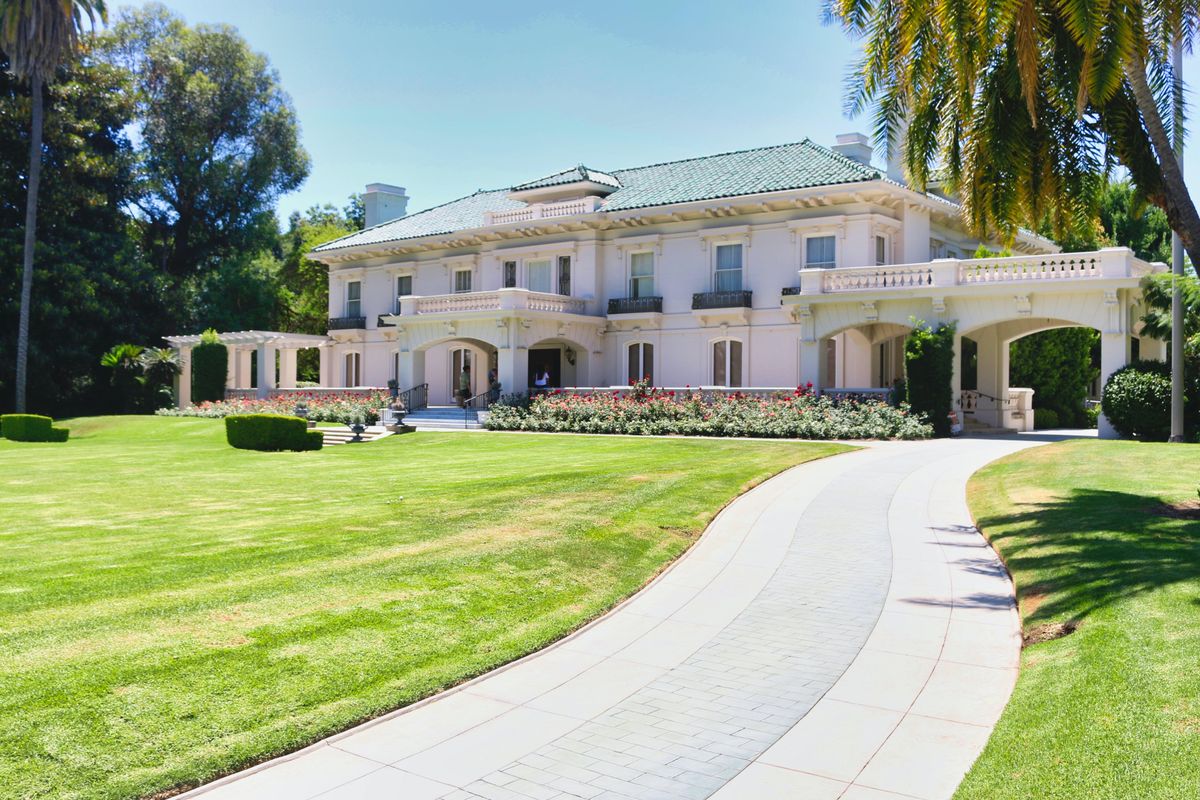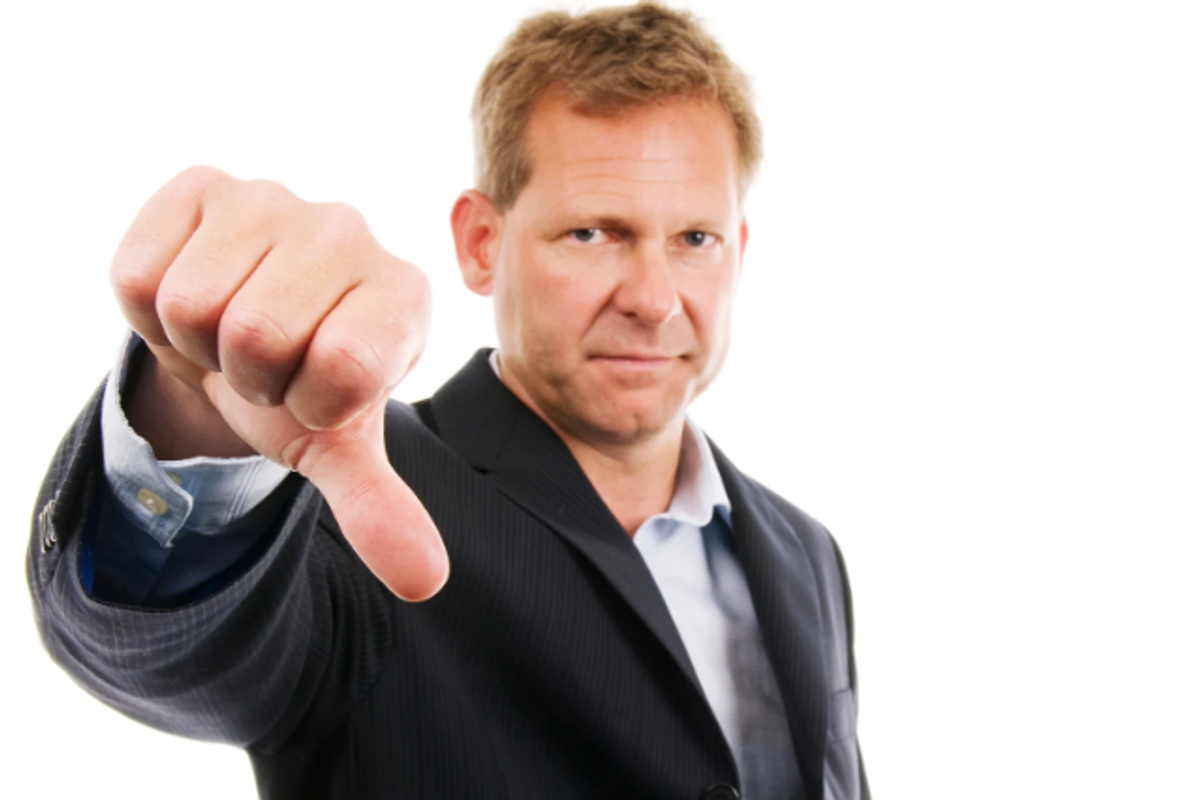A 'Daily Show' correspondent asks a millionaire about inequality and gets an unexpected response.
Wealth inequality has never been funnier.

This could be the guest house.
Inequality has gotten worse than you think.
An investigation by former "Daily Show" correspondent Hasan Minhaj is still perfectly apt and shows that the problem isn't just your classic case of "the rich get richer and the poor get poorer."
As much as we hear about wealth inequality these days, one disparity remains mostly ignored: the gap between the wealthy and the ridiculously wealthy.
Minhaj spoke to Richard Reeves, an economist with the Brookings Institute, who painted a dark picture:

Wealth inequality on the rise.
All GIFs via Comedy Central.
The study Reeves refers to points to the growing wealth of the top 10th of the top 1%:
"The rise of wealth inequality is almost entirely due to the rise of the top 0.1% wealth share, from 7% in 1979 to 22% in 2012 — a level almost as high as in 1929. The bottom 90% wealth share first increased up to the mid-1980s and then steadily declined."
And no one's paid any attention.
Between the cries of the 45.3 million people in poverty and a dwindling middle class in every state, the voice of the average millionaire is all but drowned out.

Millionaires unconcerned with financial disparity.
All GIFs via Comedy Central.
But not all millionaires are worried about growing inequality in the top 1%.
In his search for a concerned millionaire, Minhaj met Morris Pearl, a retired investment banking director and member of an organization called The Patriotic Millionaires. Minhaj was baffled by what Pearl had to say:

Investment banking pays well.
All GIFs via Comedy Central.
What about trickle-down economics?
Trickle-down theory was popularized under Ronald Reagan's presidency. The idea was that clearing a path for the rich to make more money would spur more private investment, which would lead to more jobs and higher wages for all workers.

Attempting the preach the reverse.
All GIFs via Comedy Central.
Reagan put trickle-down theory into practice in two basic ways: by lowering taxes for the wealthy and by freezing wages for the poor.
In 1981, he cut the top marginal income tax rate — which only applies to the highest-income households — from 70% to 50%. Then in 1986, he more than doubled-down by slashing the rate to 28%. (The current rate is 39.6%.) And under Reagan's leadership, the minimum wage was frozen, even as costs of living were rising.
Pearl and other so-called Patriotic Millionaires think top one-percenters like themselves should pay more taxes.

Making rich people richer.
All GIFs via Comedy Central.
Not only that, they believe raising the minimum wage is critical to reducing inequality.
OK, maybe not everyone — including millionaires — are convinced that giving more money to the rich will fix the economy. So why do our policies do just the opposite?
This article originally appeared on 3.23.15
- Trevor Noah explained the difference between racism in South Africa and racism in the US ›
- Trevor Noah boils down the problem with the mega-rich using 'unrealized gains' as money ›
- Ronny Chieng jokes about who is Asian - Upworthy ›
- Secret millionaire left $3.8 million to his tiny hometown - Upworthy ›
- Ronan Farrow says just restarting your phone can stop hackers - Upworthy ›
- Video of the wealth gap shows what your salary looks like stacked in $5 bills - Upworthy ›
- A tale of two pairs of boots explains how the rich get richer - Upworthy ›
- Investigative journalist reveals the simple way you can protect your phone from getting hacked - Upworthy ›
- If all the money in America was equally redistributed overnight, how much would you get? - Upworthy ›






 Someone honks a car horn.
Someone honks a car horn. 